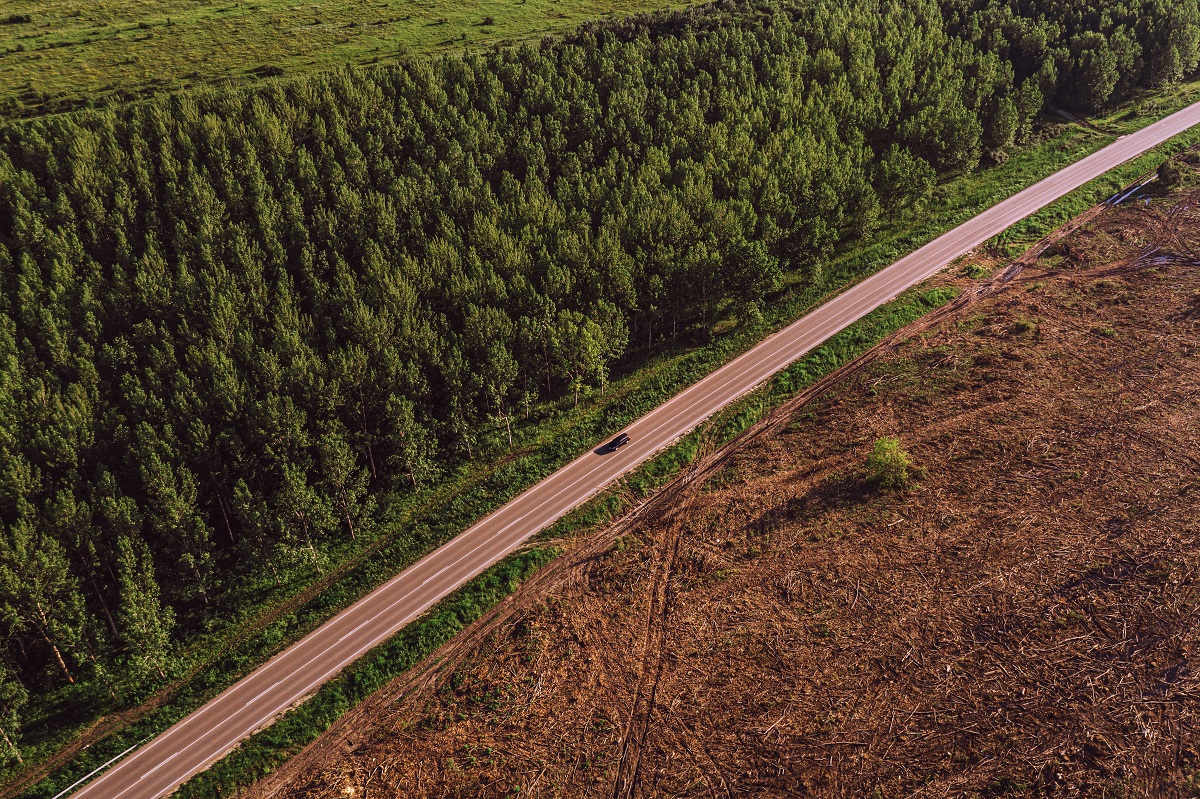
According to the World Bank, the world lost 1.3m square kilometres of forest between 1990 and 2016. We are now losing an area of forest the size of a football field every minute. Trees are felled for a range of reasons: the production of timber and paper; the farming of cattle, soy and palm oil; mining; and property speculation. The World Resources Institute (WRI) reports that 30% of global forest cover has been cleared, while another 20% has been degraded. Only around 15% is left intact.
There is renewed scrutiny on deforestation this week following news of destruction of woodland in Papua New Guinea. A new report shows that deforestation is increasing in forest-rich regions in Indonesia, even as the government claims the national average has gone down.
Conflicting data has long blighted progress in the field of sustainability, and international efforts against deforestation are no exception to this rule. Public bodies, academics and charities measure the impact of deforestation according to different metrics, leading to mixed and unreliable results which in turn hinder meaningful policy-making to prevent the destruction of natural habitats across the globe.
Put simply, the problem is one of communication. There is a distinct lack of synergy between different data-gathering parties; scholarly research on deforestation, which no doubt offers the freshest perspective and most provocative advice on the subject, remains unfortunately insular as it is largely inaccessible to the public; data-focused platforms like World Bank and Statistica provide resources which are available on demand, but remain inherently separate and unintegrated; and findings from consulting firms which regularly publish reports on the subject – for a fee – are fundamentally static.
Going forward, a priority of the fight against deforestation should be to integrate such disparate sources onto open-source platforms facilitated by data analytics, such as Ravenpack. Open-source platforms guarantee transparency and authenticity; the intel provided is gathered using modern algorithms which collate data on a subject through censors scanning for relevant key words in internet comments, headlines and articles. The unparalleled plurality of voices showcased through such analytics would give previously unstructured and static findings a productive meaning, offering a more capacious, comprehensive and fully dynamic database for policy makers.
A discussion about the benefits of using tech to fight deforestation has been led for some years now; one of the more ingenious initiatives involved the use of old mobile phones, strapped to trees to capture sounds of potential deforestation agents (such as chainsaws and trucks) and transmitting these to local forest rangers allowing them to locate the threat – a technique pioneered by Topher White’s Rainforest Connection in Indonesia, and later adopted in Brazil, Peru, Ecuador and Cameroon. Yet the importance of open-source platforms has never been seriously addressed, no doubt due to a widespread – and unfounded – fear of smart machine-learning technology. But it is this fear and failure of cross-party collaboration that is costing the lives of the trees which they are, ironically, trying to save. If anti-deforestation parties truly wish to put an end to the excessive destruction of precious ecosystems, they need open-source integration in order to create a better informed, more fruitful, and up-to-date dialogue.

William Hosie is a recent graduate from Magdalen College, University of Oxford, with a keen interest in economics, sustainability and Artificial Intelligence. He has gained experience in digital advertising as content marketing assistant at HEC Paris, journalistic writing as prose editor for The Oxford Review of Books, and financial research while interning with Mayer Brown’s Project Finance division in Paris. He is trilingual in English, French and Spanish, bringing an international edge and linguistic finesse to his work. Hardworking and ambitious, he hopes to become part of a pioneering community of innovative thinkers and content creators, spearheading digital transformation across multiple platforms and wide-ranging industries.




























